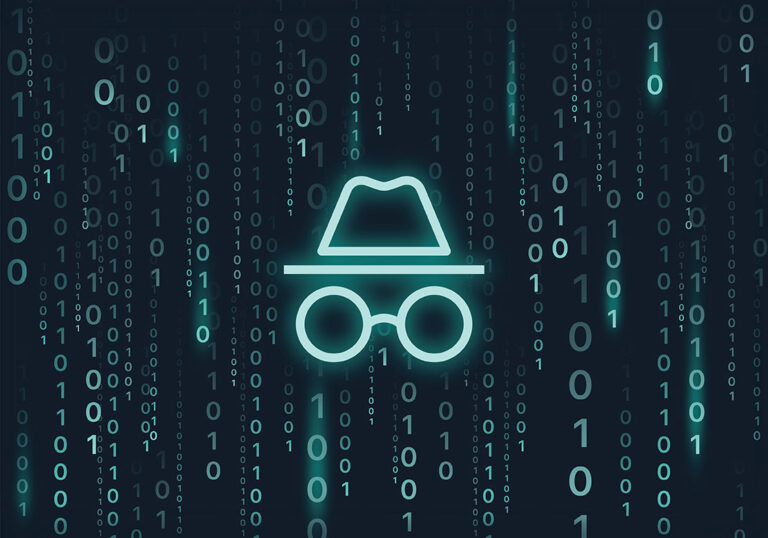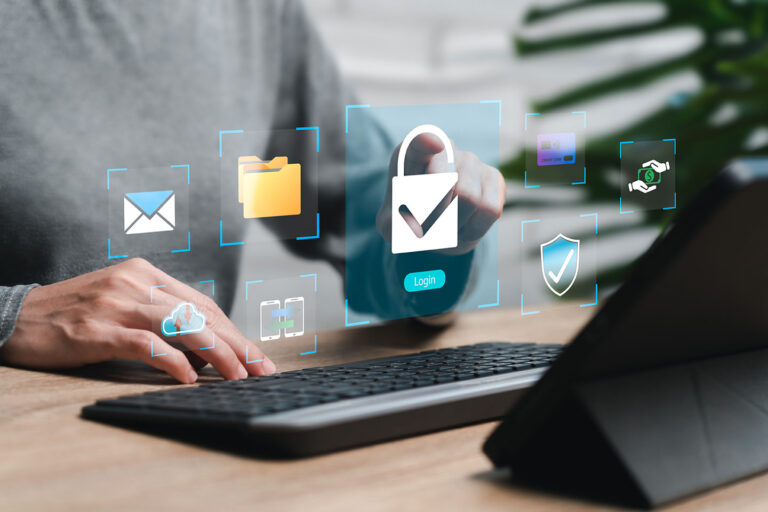In today’s digital age, protecting our online privacy has become increasingly important. Many users turn to incognito mode, also known as private browsing, believing it offers comprehensive privacy and anonymity. However, misconceptions about what incognito mode can and cannot do are widespread. Let’s debunk three common myths about incognito mode and reveal the real facts.
Myth 1: Incognito Mode Deletes All Your Online Activity
Many users believe that using incognito mode deletes all traces of their online activity once they close the browser window.
The Facts:
Incognito mode ensures that your browser does not save your browsing history, cookies, or form data after you end your session. However, this does not mean that all traces of your activity are erased. Files you download and bookmarks you create are still stored on your device. Additionally, websites you visit, your ISP, and any networks you connect to (like your employer or school) can still track your activity. For more comprehensive privacy, additional measures like clearing your downloads and using secure networks are necessary.
Myth 2: Incognito Mode Makes You Anonymous to Websites You Visit
A common belief is that incognito mode makes you anonymous to the websites you visit, preventing them from tracking you.
The Facts:
While incognito mode does not save cookies or site data after you close your session, websites can still track your activities during your session through your IP address and other tracking technologies like fingerprinting. Websites can still collect data about your visit, including your IP address, which reveals your general location and ISP. For enhanced anonymity, additional tools such as VPNs or Tor are required, which mask your IP address and encrypt your connection.
Myth 3: Incognito Mode Protects You from Malware and Phishing Attacks
Some users mistakenly believe that incognito mode provides protection against malware and phishing attacks.
The Facts:
Incognito mode does not offer any additional security against malware, phishing attacks, or other cyber threats. It simply ensures that your browsing activity is not stored on your device. You are just as vulnerable to downloading malicious software or falling victim to phishing scams in incognito mode as you are in regular browsing mode. To protect yourself from these threats, it is essential to use reliable antivirus software, be cautious with email links and downloads, and enable features like two-factor authentication.
Incognito mode is a useful tool for certain privacy aspects, such as preventing your browsing history from being saved on your device, but it is not a comprehensive solution for online privacy or security. By understanding the limitations of incognito mode, you can make more informed decisions about how to protect your online activities. At Citynet, we are dedicated to providing you with accurate and reliable information to help you navigate the digital world safely.





